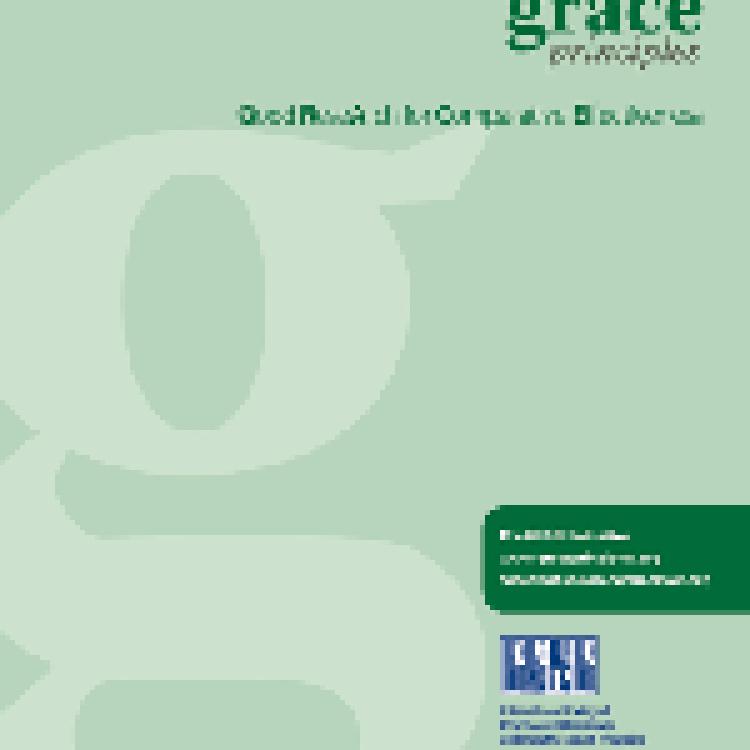Good ReseArch for Comparative Effectiveness (GRACE) Initiative
The growth in therapeutic choices for many conditions has sparked interest in evaluating the comparative effectiveness of these alternatives. Randomized clinical trials frequently do not provide direct comparisons of treatments and have limitations for certain conditions and/or population subgroups. Although the information value of non-randomized research is appreciated by many, critics often point to methodological weaknesses inherent in observational studies, coupled with the lack of standard principles to assess their quality, as practical limitations to their effective use in evidence development.
A well-defined and consensus-driven set of principles could serve to guide good practice for observational studies of comparative effectiveness, both for those who conduct these studies and for those who need to understand how such studies can be used appropriately to support decision-making regarding therapeutic alternatives. The Good ReseArch for Comparative Effectiveness (GRACE) initiative is developing a core set of good practice principles to address the design, conduct, analysis, and reporting of observational studies of comparative effectiveness.
The GRACE Initiative is being spearheaded by Qunitles Outcome with seed funding from the National Pharmaceutical Council. GRACE contributors represent academic, government, and private sectors from around the world and represent many different perspectives on comparative effectiveness.
Watch Dr. Nancy Dreyer, Global Chief of Scientific Affairs and SVP at Quintiles Outcome, as she explains her work in developing the Good ReseArch for Comparative Effectiveness checklist to help assess the research methods chosen to conduct observational studies.
Image
